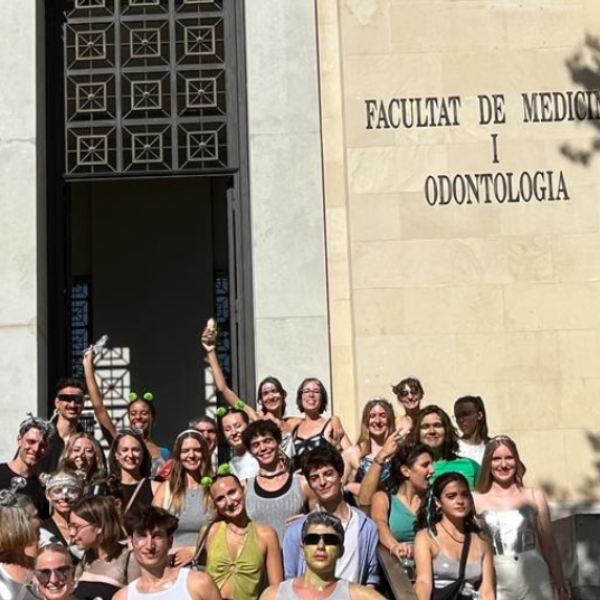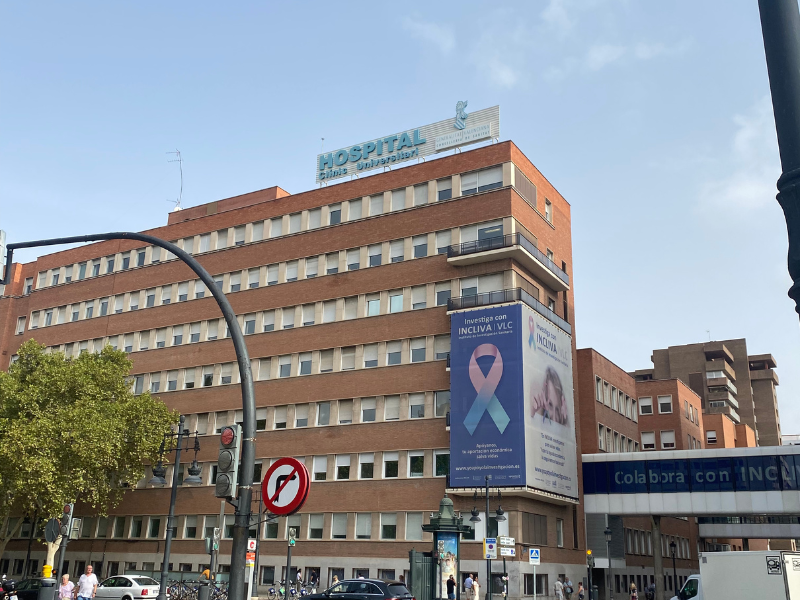Laura, Riccardo and Valerio, UniCamillus students, talk about how they lived the Erasmus experience, giving small and big tips to those who would like to study abroad
The promise of new discoveries, the thrill of novelty, new cultures: an indispensable mix for many students around the world. We are talking about Erasmus+, the European Union’s university student mobility programme that started back in 1987. It is no coincidence that Erasmus stands for EuRopean community Action Scheme for the Mobility of University Students, and is inspired by Erasmus of Rotterdam, a Dutch theologian who travelled all over Europe to study its different cultures.
A unique project that continues to shape the path of many university students who, in this way, are able to combine the experience of a trip abroad with the opportunity to continue studying for their degree course.
When it comes to UniCamillus, an international university rich in foreign students and offering the opportunity to study in English, how does an experience abroad compare? What are the differences and similarities between the home university and the host university? Furthermore, since we are dealing with Medical Sciences, are there different nuances in the perception of these subjects between Italy and the host country? How are they felt?
We asked the people involved: Laura, Riccardo and Valerio – fifth-year MSc Medicine and Surgery students – shared with us (and with you!) their feelings about returning to Italy from other wonderful places in Europe. These emotions are still very fresh, considering that all three took part in Erasmus last winter.
Laura, perhaps, chose the most unusual destination, at least in terms of size and inhabitants: small Covilha, a hidden gem between Porto and Lisbon, Portugal. The university she attended was Beira Interior. “Surely a bigger city might seem more stimulating, but in a smaller place it is easier to build friendships and positive connections“, says Laura enthusiastically. This was facilitated by the fact that Portuguese people are similar to Italians.
And with the language exams? Some initial difficulties, but nothing insurmountable, on the contrary… “I didn’t speak Portuguese before leaving, but it was easier than I thought: it’s quite intuitive for us Italians”, says Laura. “The tutors were also very understanding, so I had no problems!” Not to mention that the curriculum is meticulously organised before the departure, so there are no obstacles with the validation of exams sat elsewhere.
But how does one get the desire to have such an international experience in the middle of a university career? “We university students are aware of the Erasmus+ programme, and here at UniCamillus we are lucky enough to have a contact person who always keeps us informed of these initiatives and application procedures”, replies Riccardo, who had his experience at Charles University in Prague. “I left for the Czech Republic with the expectation not only to get to know another city, but also because I believe it is useful to have contacts abroad for my professional future, as well as to understand what medicine is like outside Italy”.
UniCamillus students, living daily in an international university, are facilitated in their academic and human exchange with other cultures. “After all, here at UniCamillus we also study in English, so we are inclined to think about our future abroad. Erasmus, in this, can certainly help make the first contacts”, continues Riccardo. “Even in Prague there were many students from various parts of the world, so I didn’t feel like a ‘foreigner’. Moreover, the Czechs are very welcoming!“
Therefore, Prague is also recommended for those who would choose it as an Erasmus destination, as it is a “European capital with a small, human-scale city centre, and therefore offers opportunities to make friends and also to keep them”.
Initial fears may arise before a trip to a destination with an unfamiliar language and culture. But, as it turns out, they end up being quite unfounded considering the spirit of solidarity that is established among students from all over the world. When it comes to countries similar to Italy, of course, the matter is even simpler: this is what Valerio, who participated in the Erasmus+ programme at the University of Valencia, revealed to us. “The Spanish really are like cousins to the Italians! Valencia’s Mediterranean climate is warm and welcoming, with lovely sunny days. Spanish tutors, university staff and colleagues have been helpful and hospitable; the language is very similar to ours and the mood is relaxed and calm… I’m sure my story with Spain didn’t end there!”
What about UniCamillus did you miss? “The family atmosphere, the fact that it is a happy island, the direct relationship with the lecturers”, explains Valerio, but, as Laura adds, “all you need is a bit of adaptability and the willingness to make quality human connections”.
How can you choose your destination? “Follow your heart”, advises Valerio. “Accept this experience with an open and free mind: go with this desire, and your trip will exceed your expectations!”













